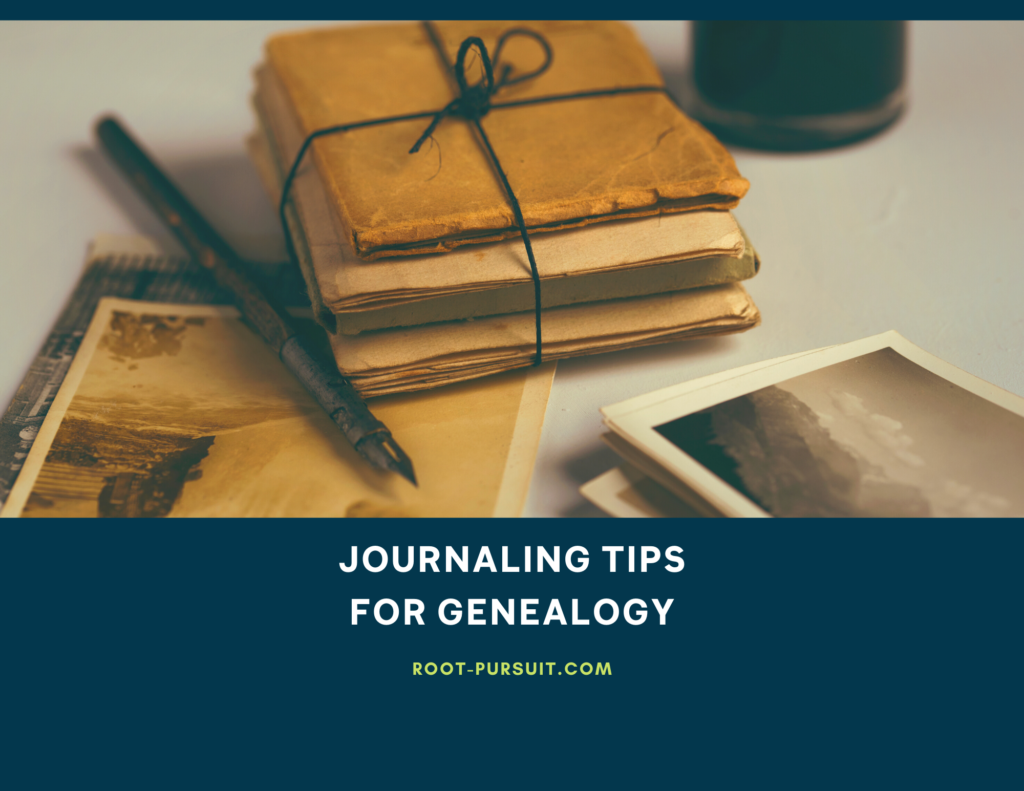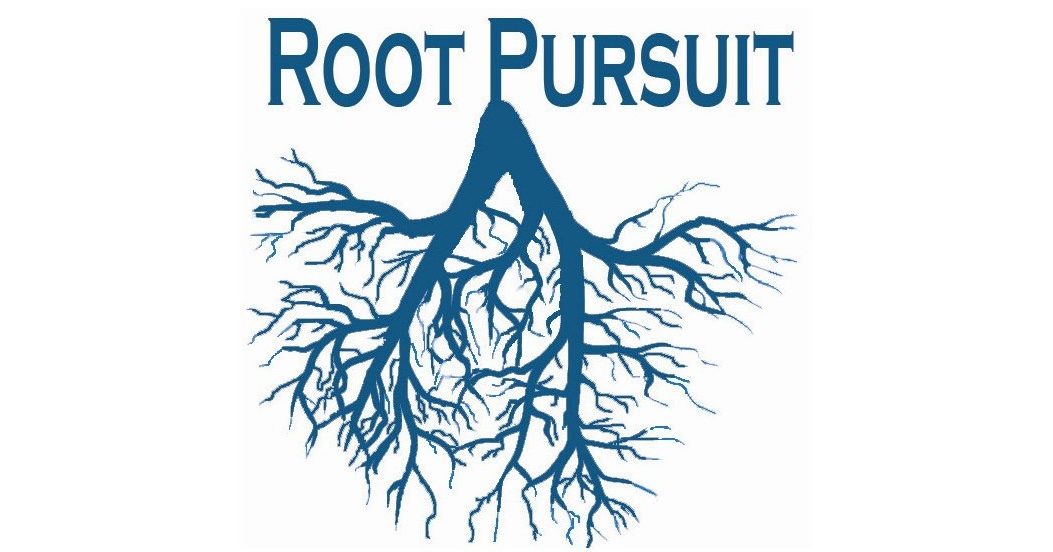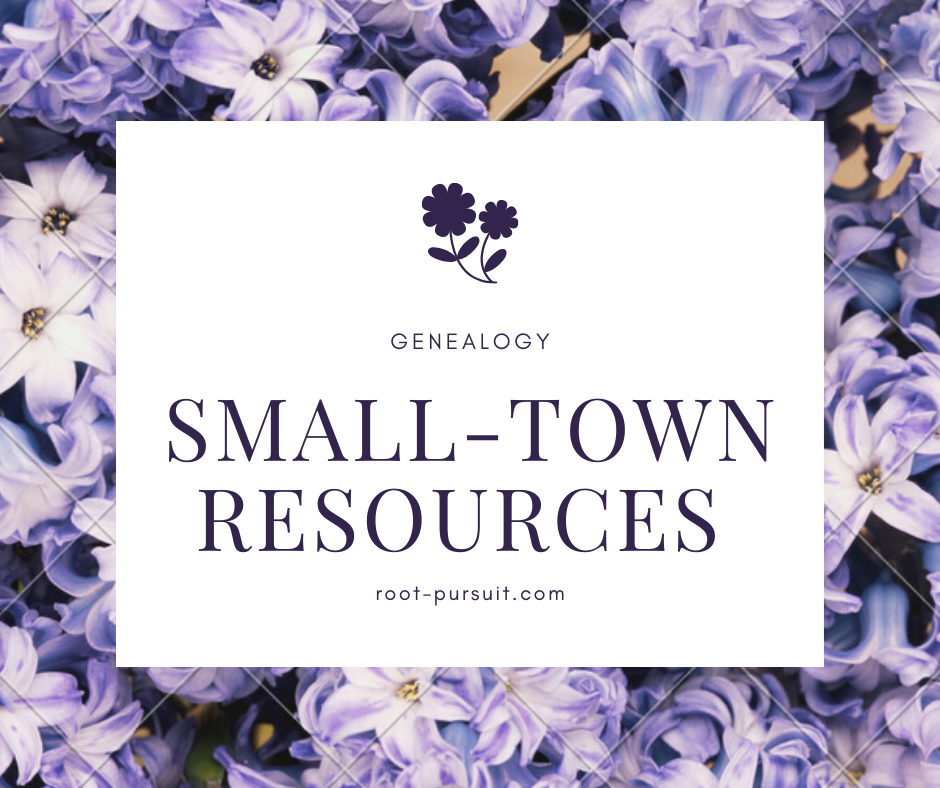Written by Heather Wylie
In 2016, on what would have been my grandmother’s birthday, I decided I wanted to start documenting memories and events in my daily life. I’d tried keeping a journal before, without much success.

It seemed to me that if I was writing only for myself, there wasn’t a purpose; however if I felt like I was writing for my descendants, that I could manage to record a few lines more consistently. I’m now delighted that journaling is a habit that I started some years ago.
As many of us are facing social distancing, working from home, and even quarantine in the coming weeks this is also a great time to sit down, put pen to paper, and think about our own stories in connection to our genealogical work.
I became interested in genealogy because I wanted to be able to tell my grandparents’ stories. We can’t, however, forget our own significance for our descendants. Journaling is a wonderful way to make sure that your voice is captured for the next generation – you are living history.
There are some great ways to approach writing that may make it more successful for you:
Try free-writing
When I was a tutor, I would tell students who had a hard time getting started on a project to just write 250 words, no more and no less (you can set whatever word limit you want). It was a great tool to help them focus on getting started and editing it down. It’s amazing what happens when we sit down and just do sometimes. In her book The Artist’s Way, Julie Cameron introduces a concept that she calls “morning pages” – in which you write three pages a day. That’s it, just three pages. These pages can be about anything that you want. Think of them as if they were my 250-word free-writing exercise. They can be about the dreams you had last night, the worries and concerns that you had, or even goals. Anything can go on these pages.
Use Writing Prompts
Specific writing prompts are another great way to approach journaling. If you could tell yourself a story of your life, what would you say? You don’t have to write it all out in a day – you didn’t live the events that way – but you can start breaking it down a story at a time. My very first journal entry was about the way that my grandparents did laundry. They had an old washing machine they would fill with water, and when the load finished, they would drain it into their kitchen sink. On warm, sunny days, they would take the laundry to the back yard and hang it on the clothesline. One of my best childhood memories is pressing my face up against the cool fabric of the sheets hanging on the line. So, tell yourself a story.
A General Narrative
We live our lives in a general narrative. I often use this method for my own writing, more often than not (although I have used all three examples when I’m journaling). Sometimes, I talk about major events during my day as they happened chronologically. Other times, I document what I deem to be historically relevant events. I’ll even use quotes to help illustrate a point. So, think about your day. How would you describe it? You can be as specific as you want to be (ex: I had a bowl of cereal this morning that got soggy before I finished it) or as vague (ex: after breakfast, I went to work).
Be that ancestor that provides your descendants with a look into a moment of history. Show them what your life was like with your own words. It can be challenging to sit with ourselves for a few moments; to see our thoughts recorded on paper. Your words will be such a valuable gift for the generations that follow you. We are living in history – right now, in volatile stock markets, stores selling out of products, and a pandemic. Document your point of view and your experiences.

Follow her on Twitter @unxpctdisvry






